SEATTLE, WA — KIRO Newsradio hosts are voicing strong frustration over upcoming changes to tolling on State Route 167’s High Occupancy Toll (HOT) lane, accusing transportation officials of penalizing drivers and eroding trust in the system.
The stretch of HOT lane from Auburn to Renton is being converted into a full express toll lane, like those currently used on I-405 between Bellevue and Lynnwood. The Washington State Department of Transportation (WSDOT) says the change is aimed at improving enforcement and fairness. But for many, especially carpoolers, the policy shift feels like a betrayal.
Flex Pass Now Mandatory for Carpoolers
Until now, solo drivers using the HOT lane had to pay tolls via an electronic pass, while carpoolers rode free under an honor system. With the new system, all drivers — including carpools — must have a Flex Pass set to HOV mode to use the express lane for free.
“I’ve made friends with total strangers just to use that lane,” joked KIRO host Spike O’Neill. “Now it’s still going to cost me an additional fee.”
The Flex Pass, which costs $15 plus tax, must be purchased and activated through WSDOT’s Good To Go! system. Without it, drivers will not only be tolled — they’ll also be charged an extra $2 pay-by-mail fee, even if they qualify as an HOV.
Hosts Call Out State for “Distrust” and “Overreach”
KIRO hosts Spike O’Neill and Jake Skorheim were critical of the reasoning behind the change — mainly that too many drivers were cheating the system by claiming HOV status when they weren’t eligible.
“They’re calling all of you liars and cheats,” Jake said. “They don’t trust you — and I don’t think you should trust them. I’m talking about the government.”
“They’re making you pay for the right to bill you,” Spike added. “It feels wrong. If you require me to pay in this lane, you should provide the equipment to bill me.”
Jake also noted the logistical inconvenience of the new system, pointing out that drivers must not only buy the pass, but also set up an account online — a process he described as a “headache.”
Limited Access Points and Segment Pricing
Along with the Flex Pass requirement, the new system includes limited entry and exit points and a segment-based pricing model. Toll signs will display prices for three upcoming destinations, but drivers will only be charged for their final destination, not each segment individually.
WSDOT’s Lauren McLaughlin told KIRO that the new structure is necessary to maintain efficiency and fairness.
“This should eliminate the rampant cheating that SR 167 sees in the HOT lane today,” McLaughlin said.
Frustration Mounts Over Policy Shift
The KIRO team compared the system to toll practices in other cities, joking about people picking up strangers just to use HOV lanes.
“On Curb Your Enthusiasm, he would pick up a prostitute just to drive in a lane like this,” Jake said, referring to the lengths some commuters go to avoid tolls.
Spike, half-jokingly, even suggested looking for ways to “subvert the law” and said he might contact Sheriff Swank, a local official known for supporting commuter rights.
With the rollout of these changes looming, many drivers are left feeling like they’re being punished — not just for using the lanes, but for doing the right thing all along. The question remains: Is enforcing fairness worth the cost of losing public trust?

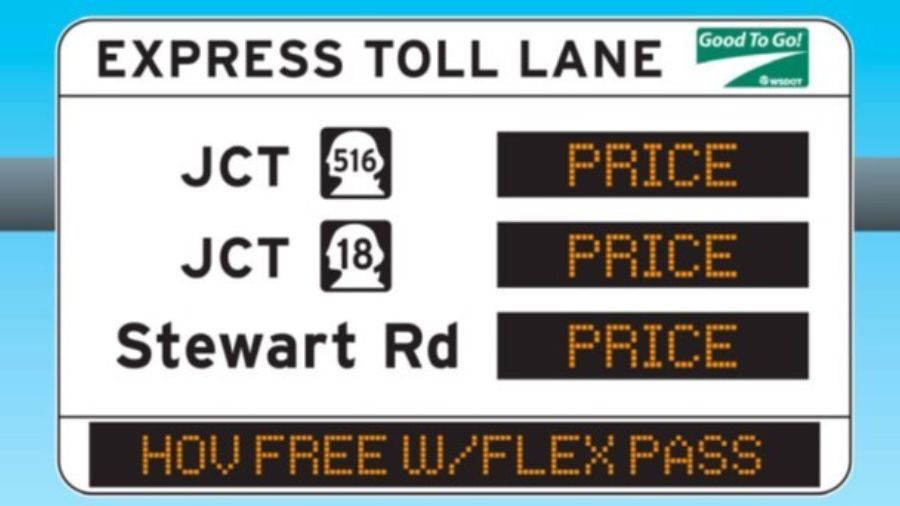
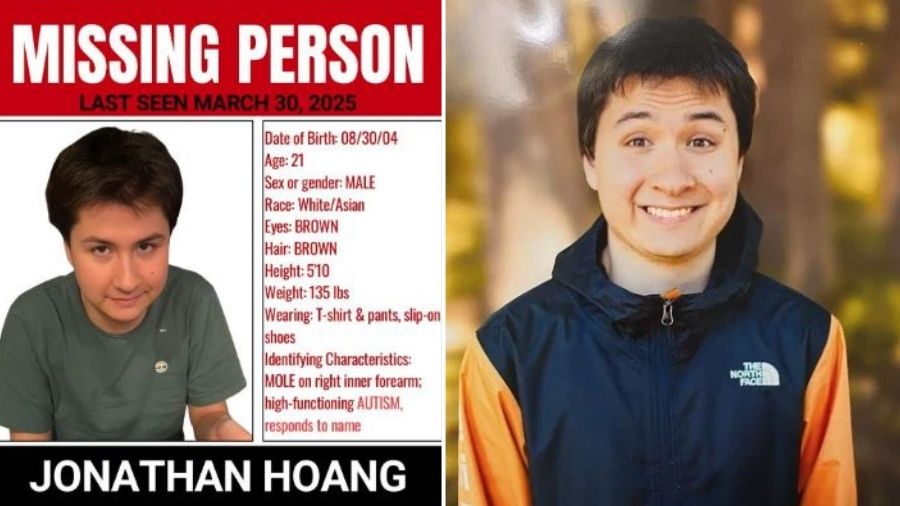




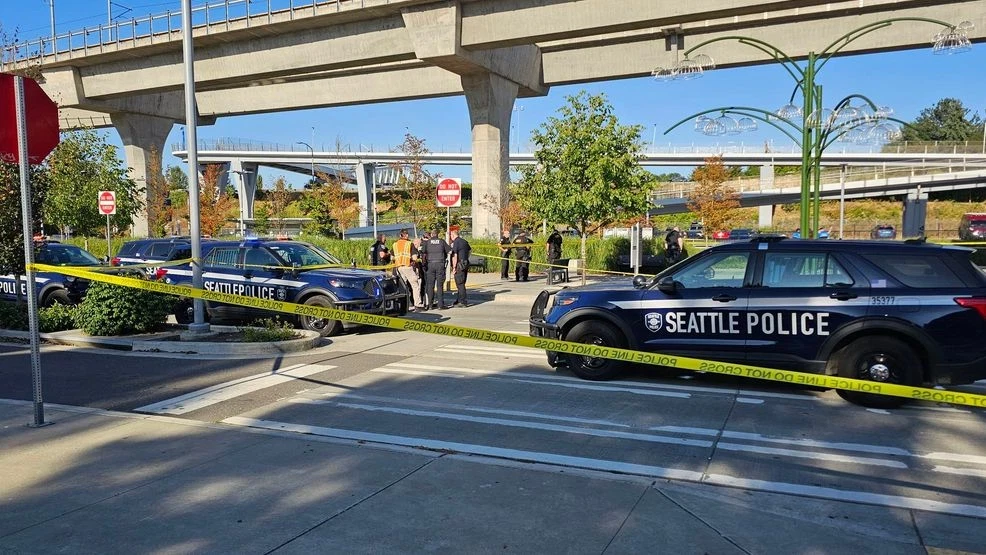
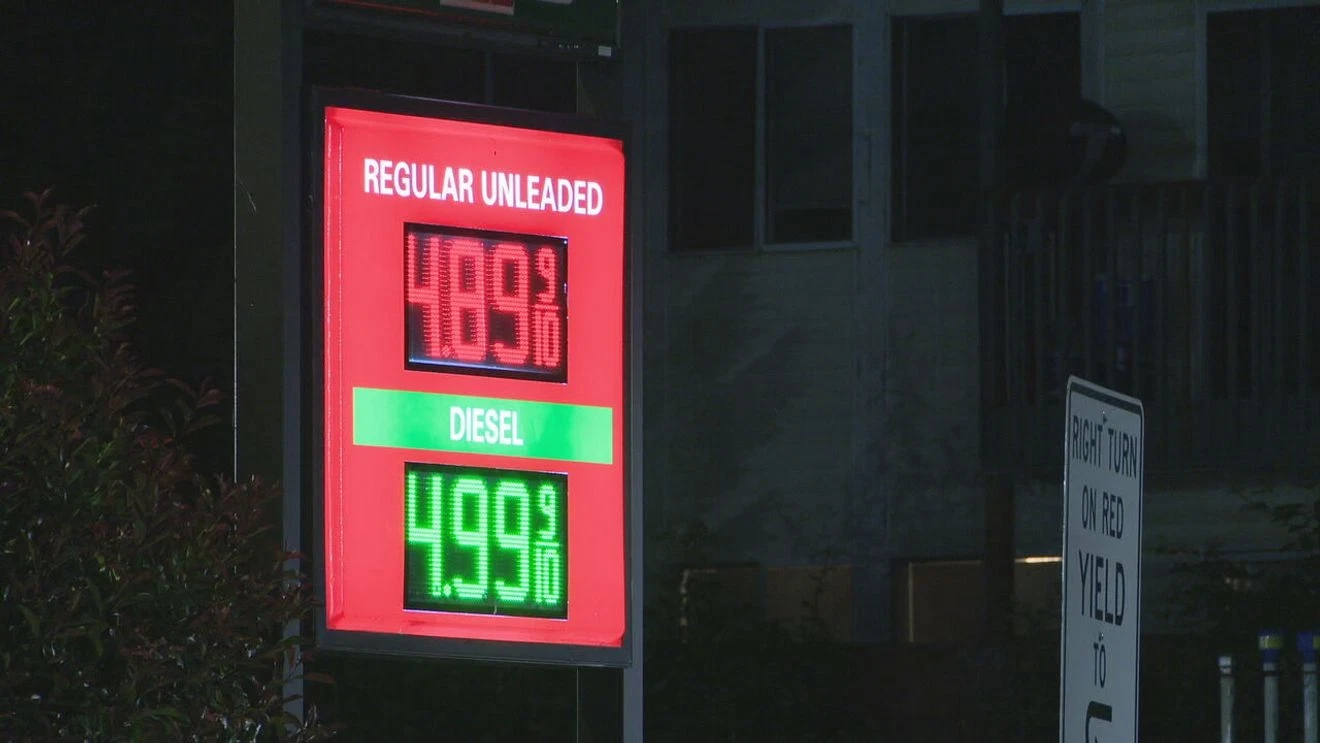
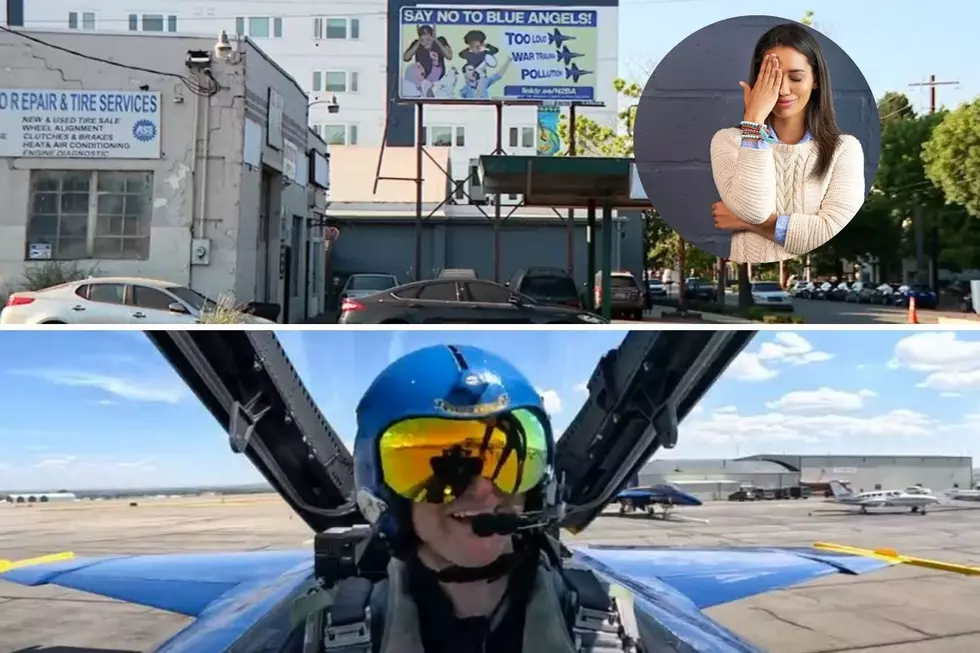


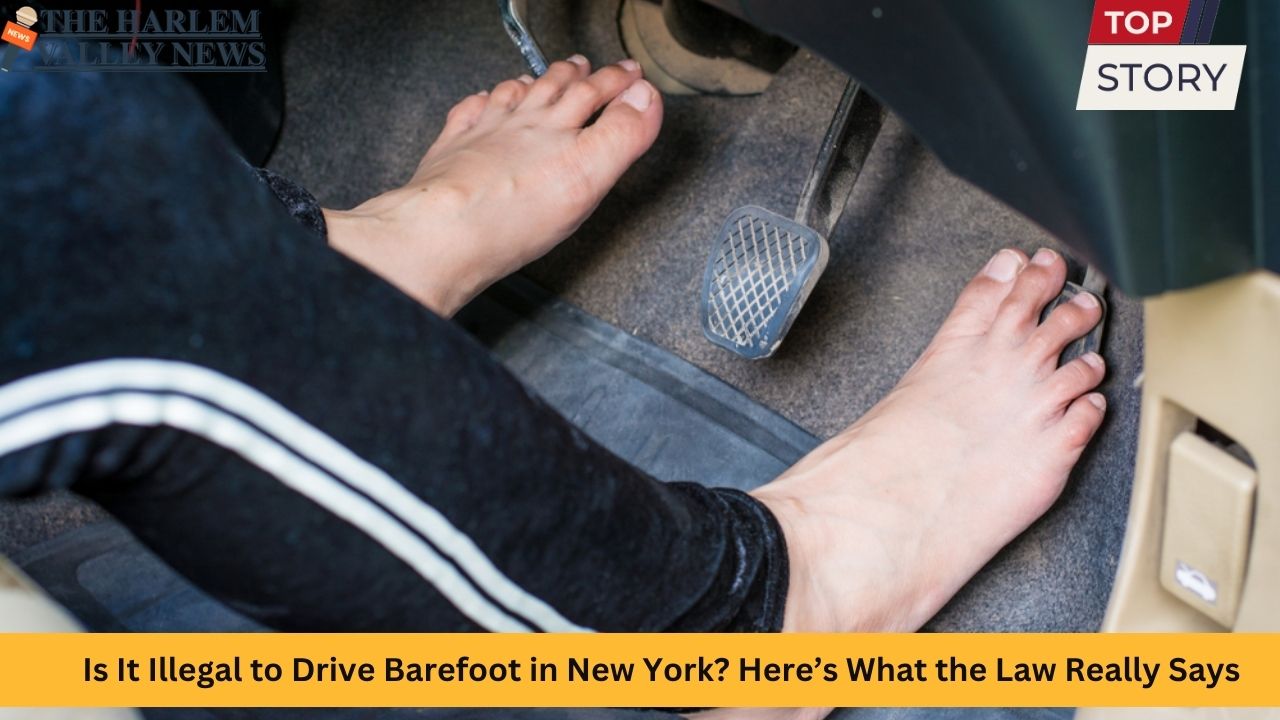




Leave a Reply